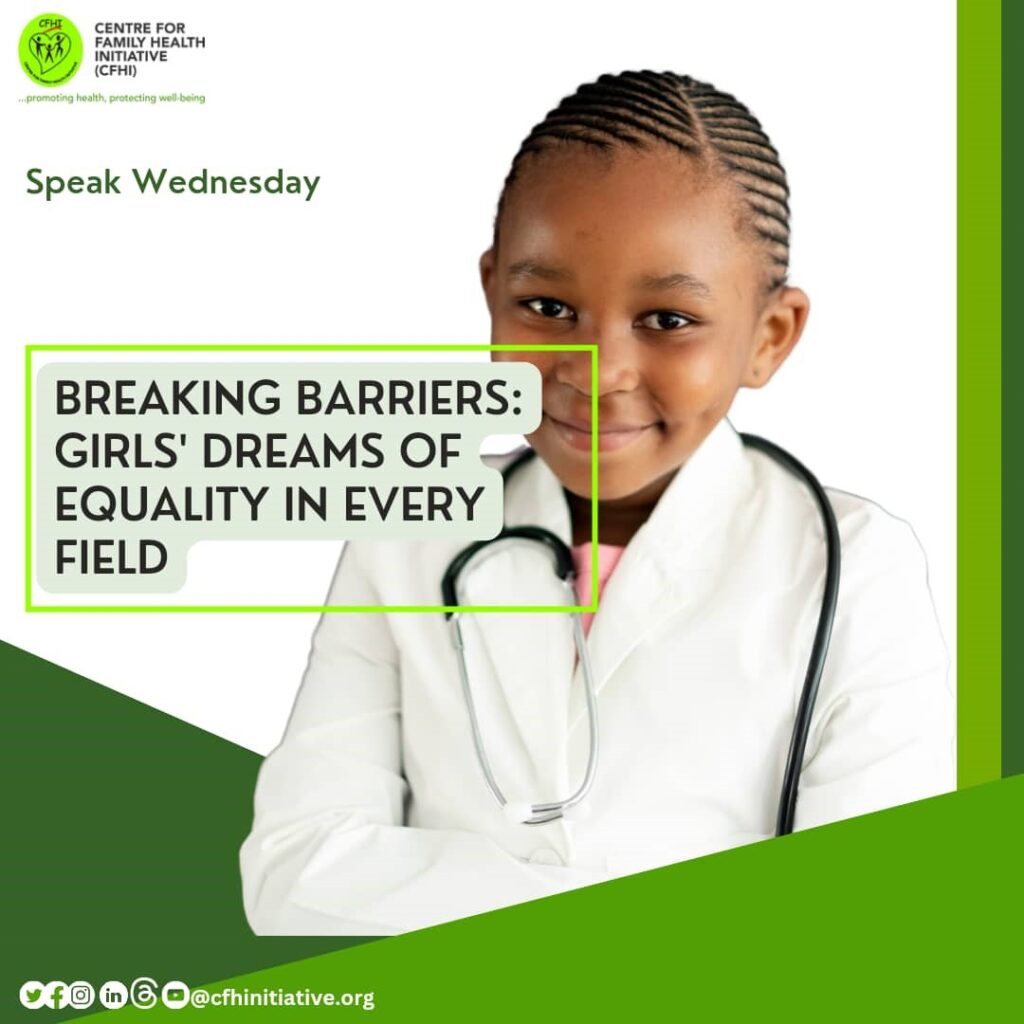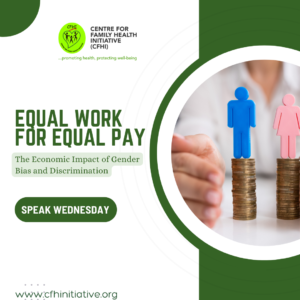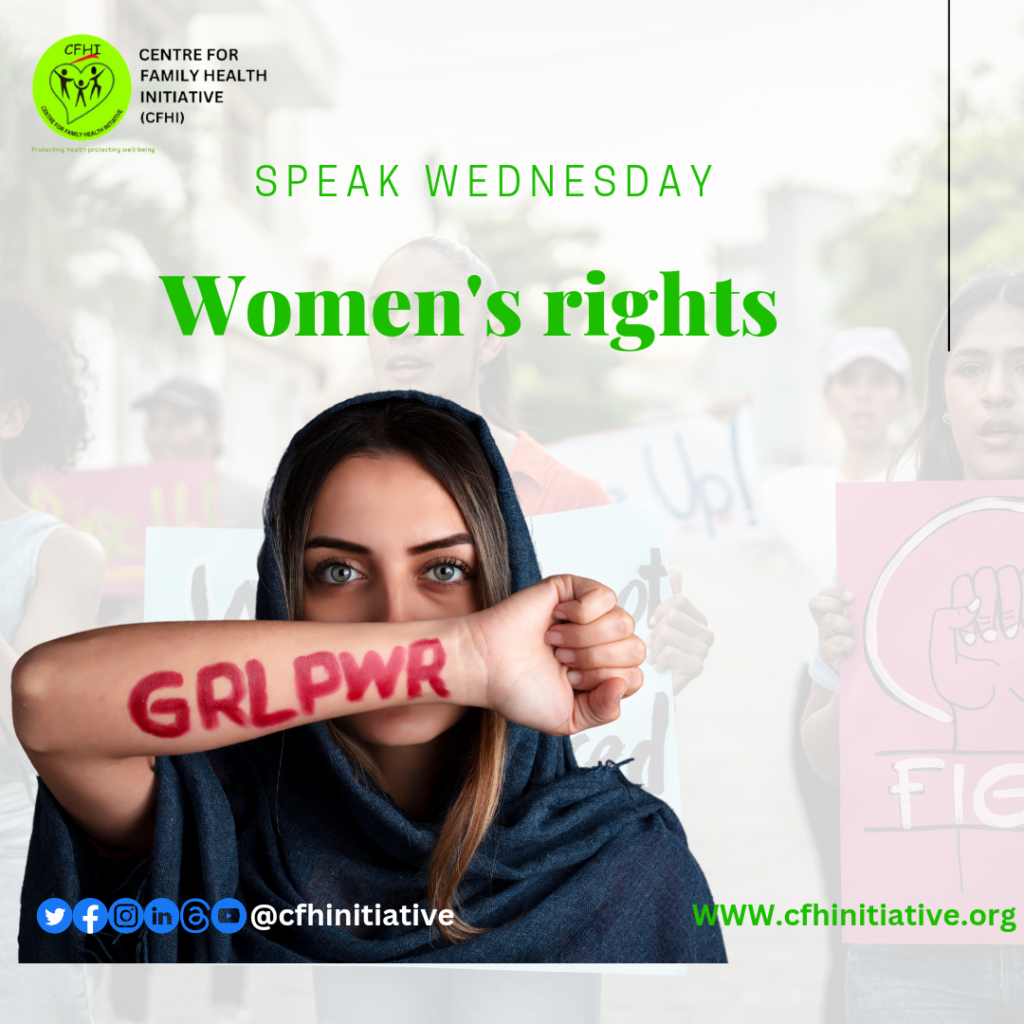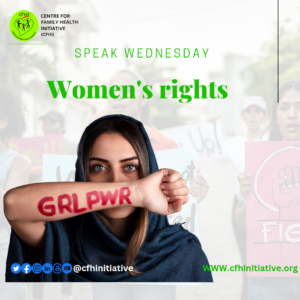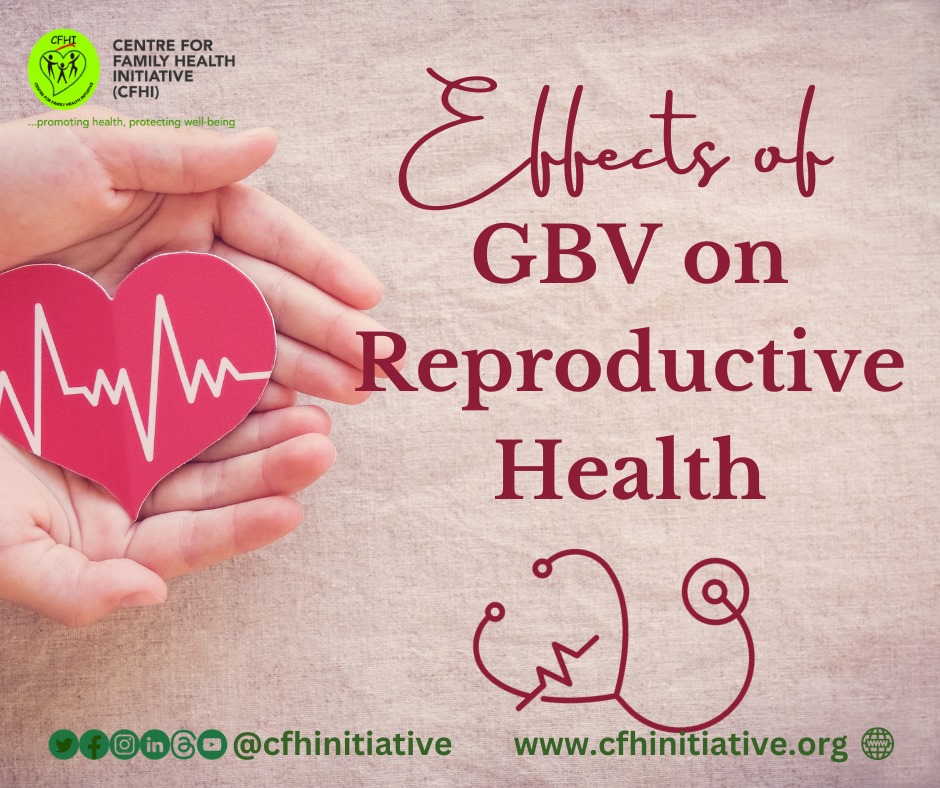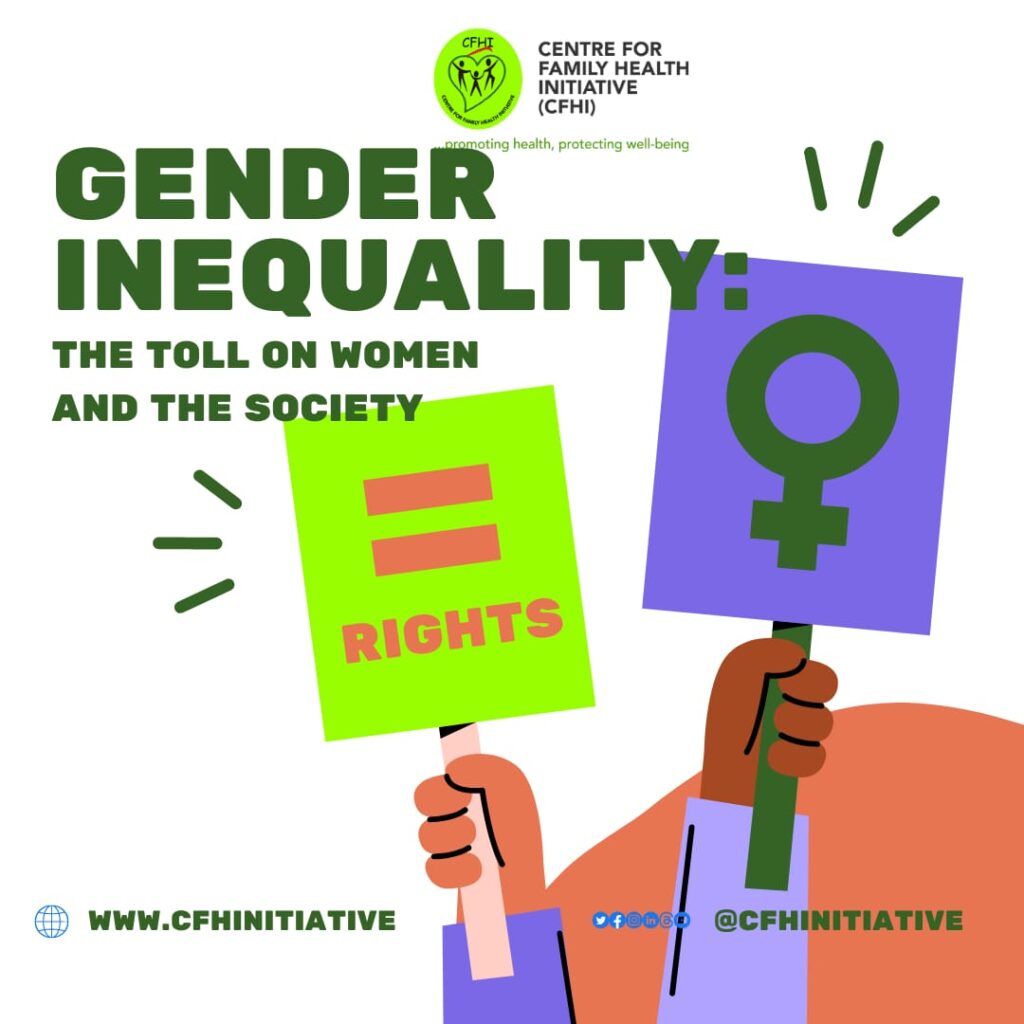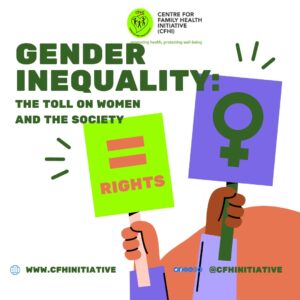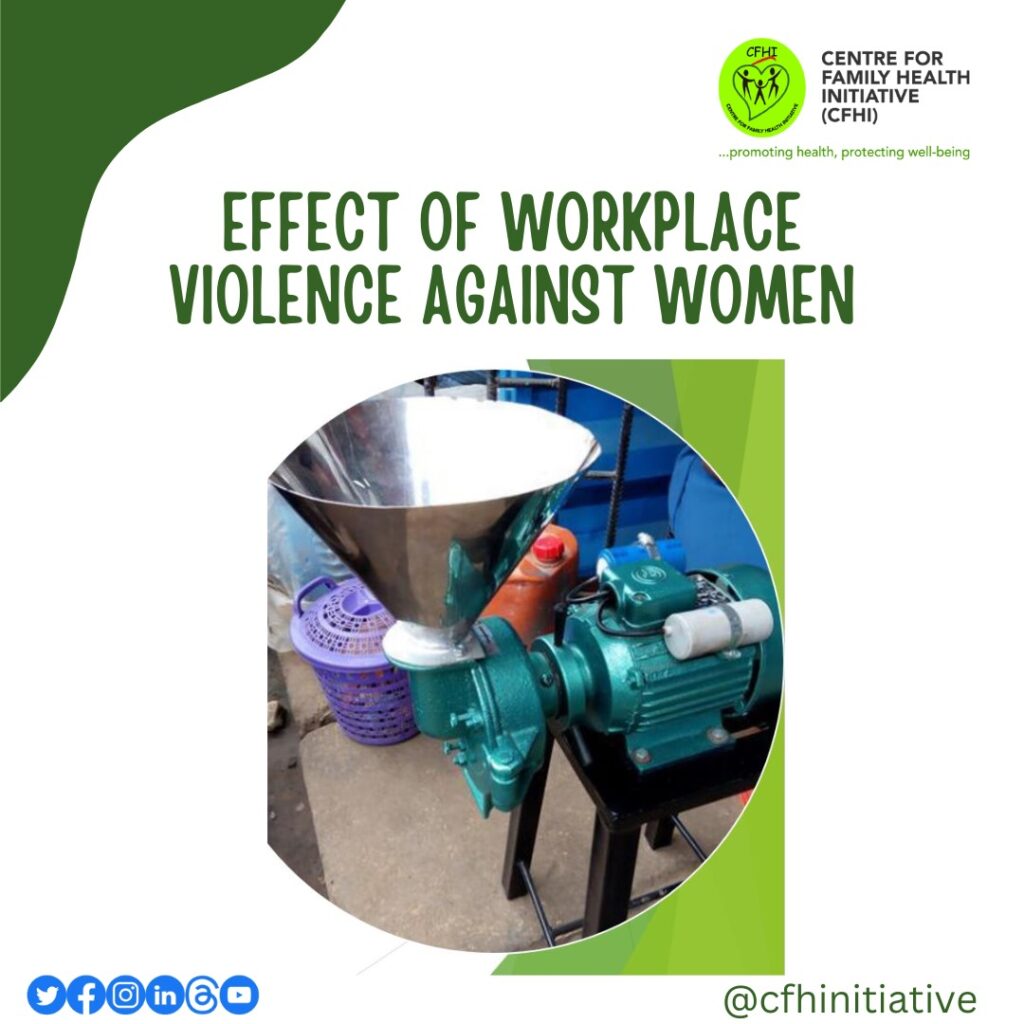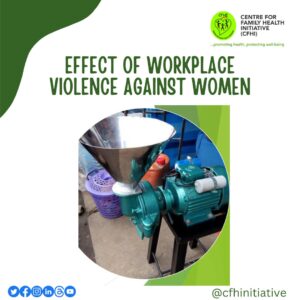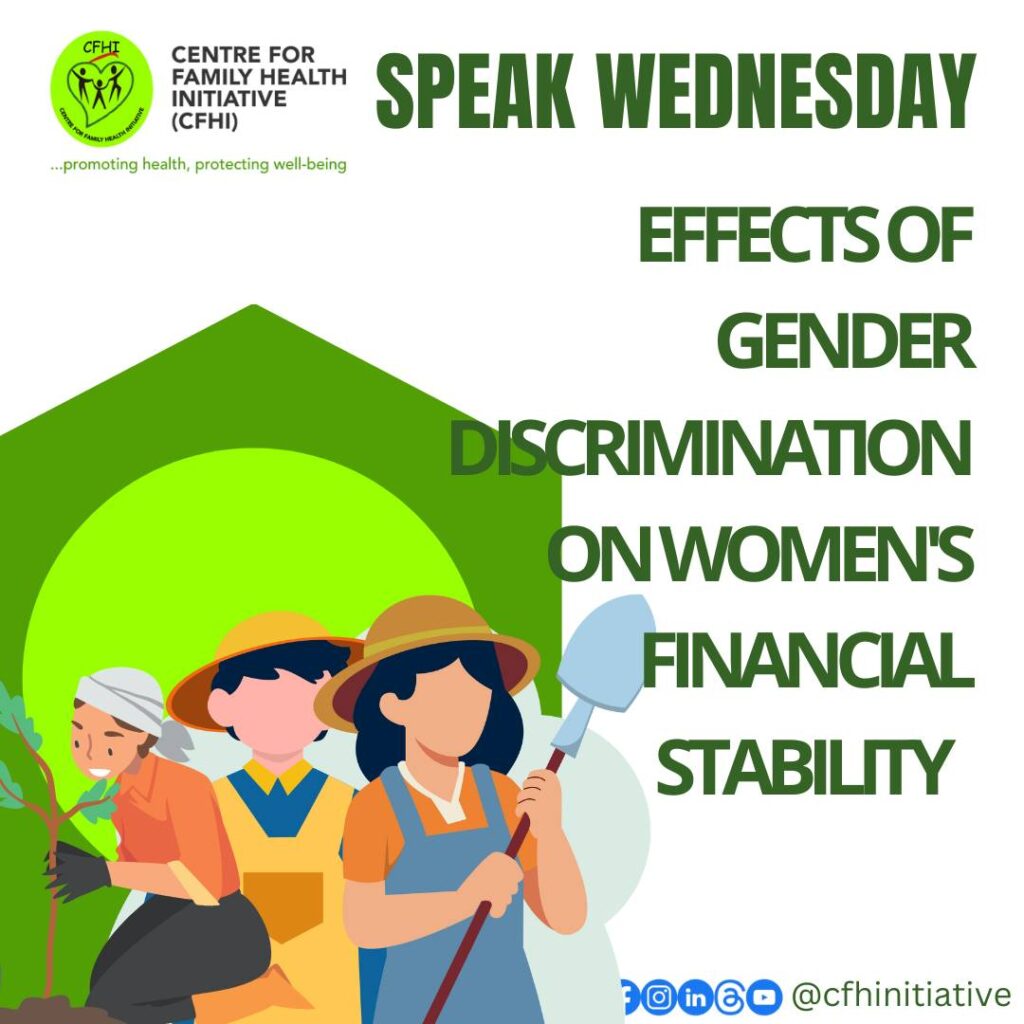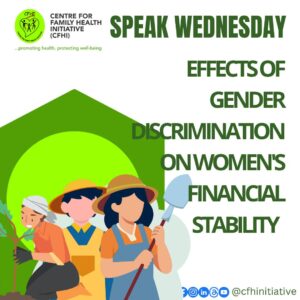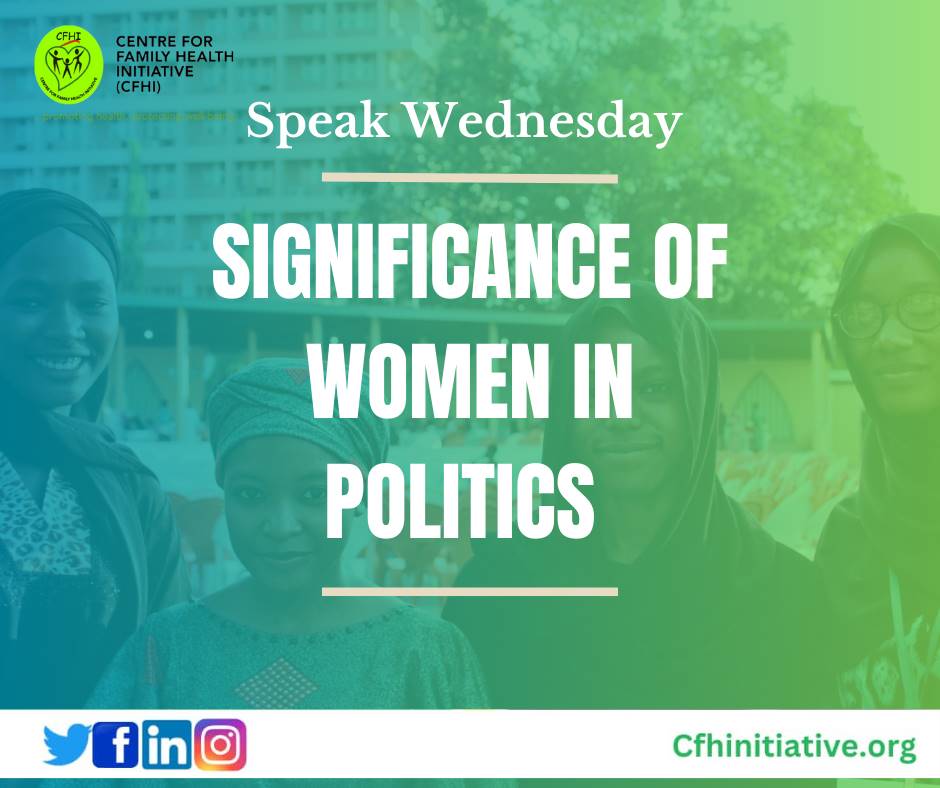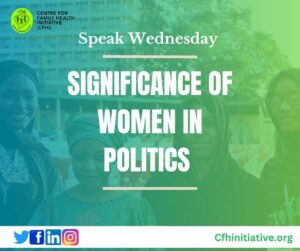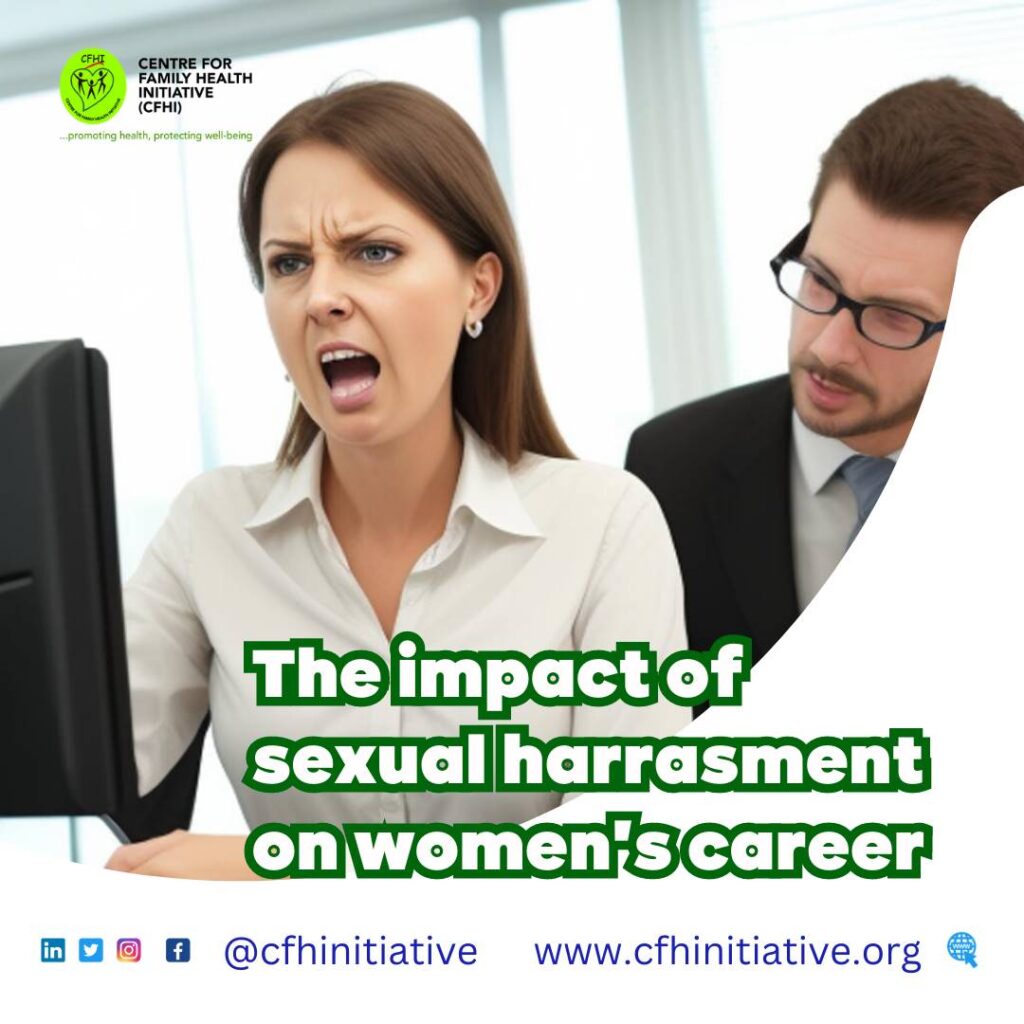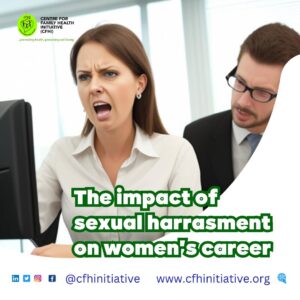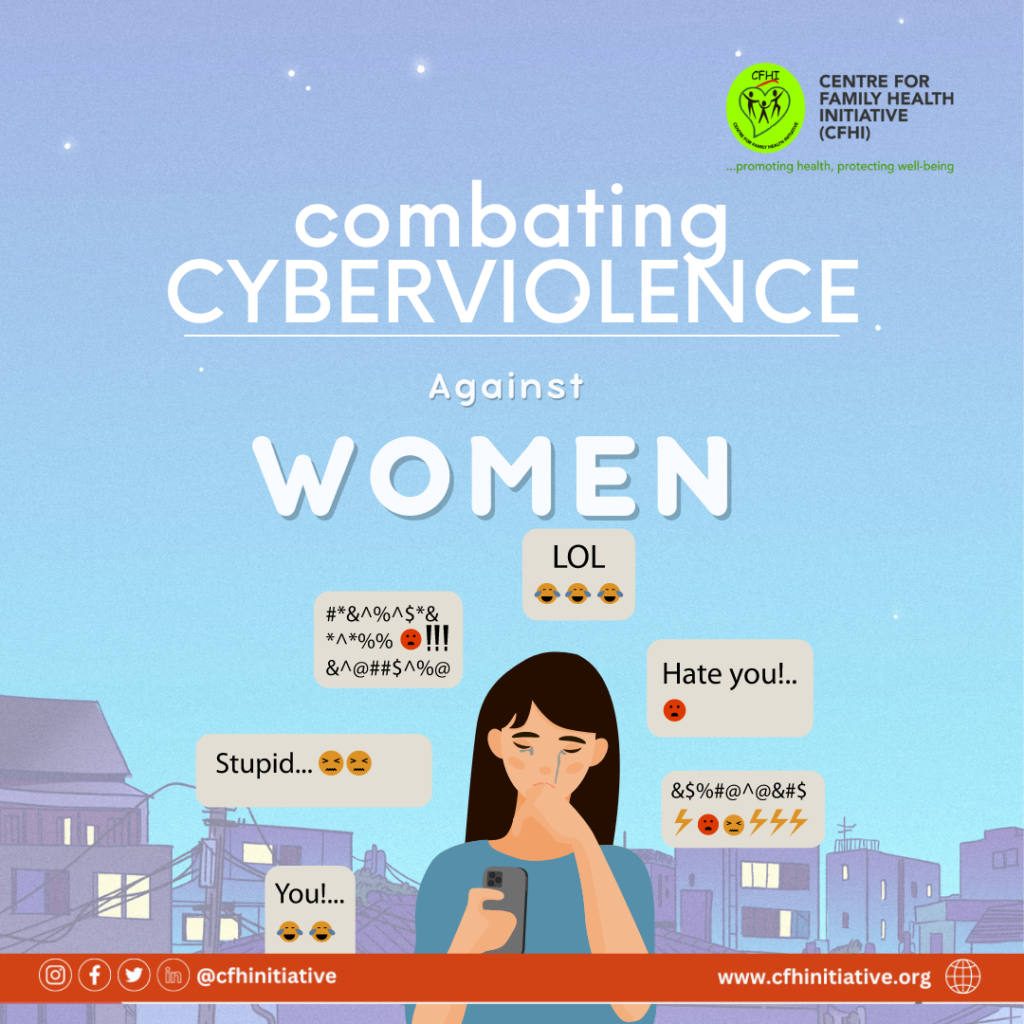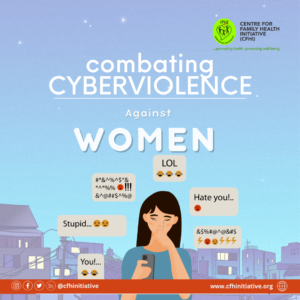SPEAK WEDNESDAY ON BREAKING BARRIERS: GILRS’ DREAMS OF EQUALITY IN EVERY FIELD
Imagine a world where every girl, regardless of her background, has the freedom to dream of being anything she wants to be—whether a doctor, an engineer, or a leader. Sadly, for many girls around the globe, these dreams remain out of reach due to entrenched gender-based violence and bias. Yet, despite the challenges, girls are rising to claim their rightful place in every field, fighting for equality in spaces where they were once invisible.
Gender bias often begins at an early age, limiting girls’ access to education and career opportunities. According to data from UNICEF, girls are still more likely to be excluded from primary and secondary education than boys. Even when they do receive an education, societal expectations often funnel them into traditional roles, discouraging their participation in STEM fields, leadership positions, and other high-impact careers. These biases follow them into adulthood, where they face wage gaps, workplace discrimination, and even physical violence.
Through policy reforms, educational programs, and advocacy, global efforts are beginning to turn the tide. Empowerment means more than survival; it means creating environments where girls are encouraged and supported to dream big.
As we provide safe spaces for girls, enforce protective laws, and promote gender-sensitive policies, we are actively enabling them to take charge of their future. The dream of equality is not just a dream for girls—it is a collective dream that holds the promise of a better world for everyone. For every girl who is allowed to thrive, the world gains an advocate for change, a leader, and a force for good.
Speak Wednesday is an initiative of CFHI to address issues around gender-based violence and gender bias.
#SpeakWednesday #GirlsInSTEM #GenderEquality #WomenEmpowerment #LiteracyForAll #BreakTheSilence #EducationMatters #GenderJustice #EmpowerWomen
References:
- UNICEF. “Education for Every Child.” UNICEF
- United Nations. “HeForShe Campaign.” UN

SPEAK WEDNESDAY ON BREAKING BARRIERS: GILRS’ DREAMS OF EQUALITY IN EVERY FIELD Read More »

